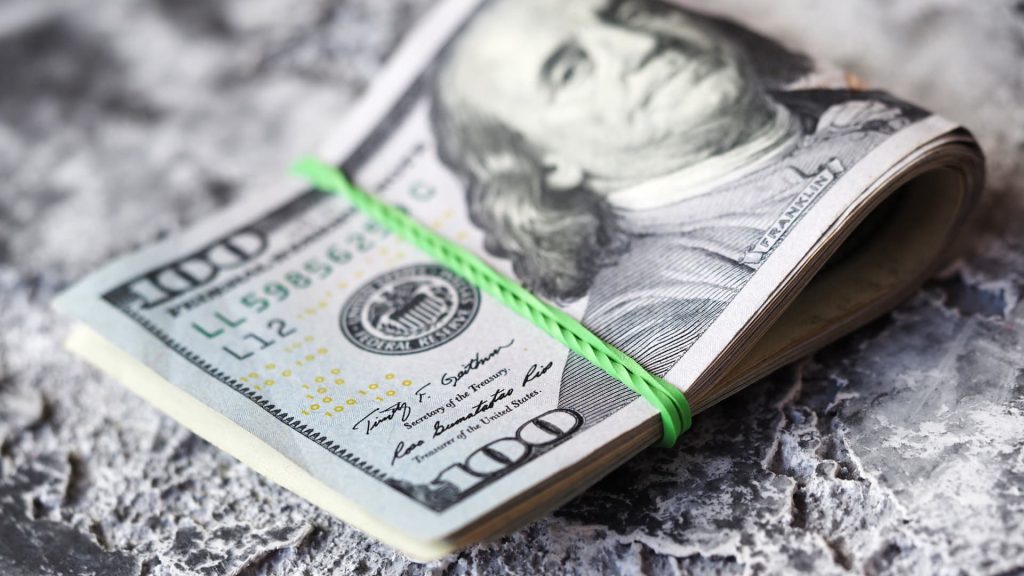(Reuters) – The dollar edged up against other major currencies on Wednesday, while sterling fell sharply after British inflation data showed a slowing of the headline rate to its lowest in more than two years.
Sterling was the biggest mover among major currencies, after official data showed British inflation fell in November and came in well below expectations, causing markets to bring forward bets on when the Bank of England will cut interest rates.
The dollar index – which tracks the U.S. currency against six peers – was last up 0.3% at 102.38, helped in part by the move lower in sterling, last down 0.6% at $1.26570.
Currency analysts at MUFG said in a note that there was unlikely to be a fresh catalyst for significant dollar moves until the United States publishes its own inflation data on Friday.
U.S. Federal Reserve officials have been pushing back on the idea of rapid rate cuts next year, after last week’s meeting prompted markets to pencil in three cuts in 2024, sparking a rally in financial markets.
“The reality for the Fed is that pushing back on the idea of rate cuts will prove difficult if the inflation readings continue to fall faster than expected,” the MUFG analysts said.
The euro eased 0.4% to $1.09405.
European Central Bank policymaker Joachim Nagel said in an interview published on Wednesday that euro zone interest rates must remain high and traders betting on upcoming cuts in borrowing costs should be careful.
The dollar fell 0.3% against the yen to 143.410, a day after the Bank of Japan maintained its ultra-loose monetary policy and opted to wait for more evidence to justify a shift.
“The last thing (the BOJ) wants to do is to have to undo (a rate hike) again in a couple of months’ time,” Rob Carnell, Asia-Pacific head of research at ING, said.
Japan’s government is aiming to reduce its budget next fiscal year for the first time in 12 years, Reuters reported on Wednesday.
In cryptocurrencies, bitcoin gained 1.3% to $42,802.



